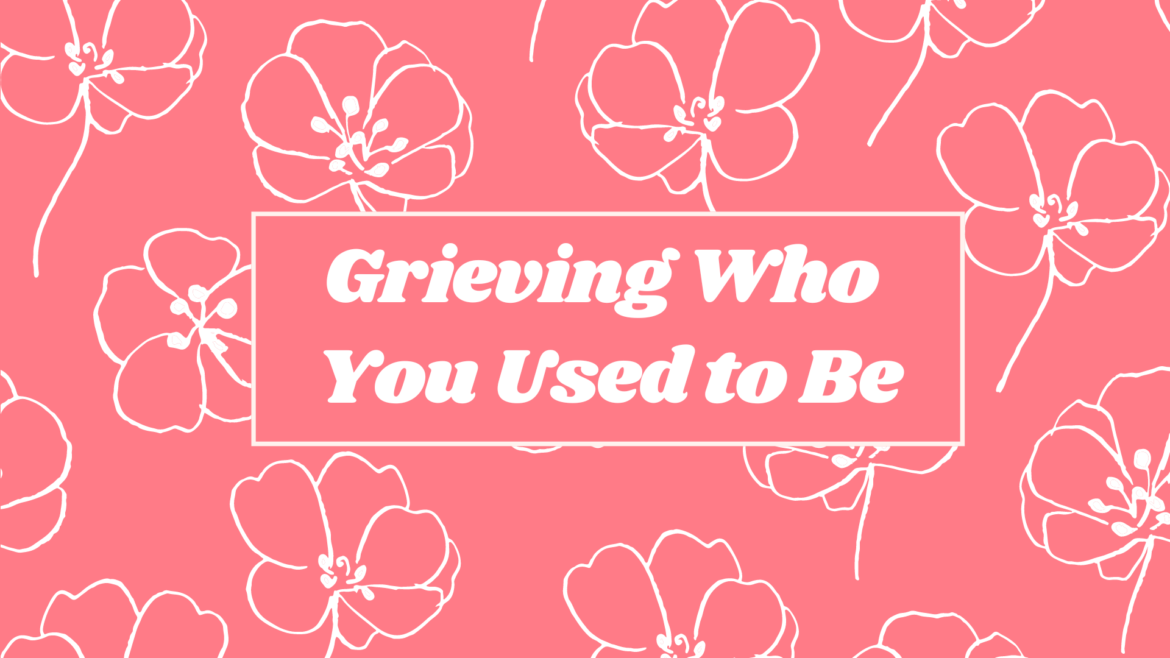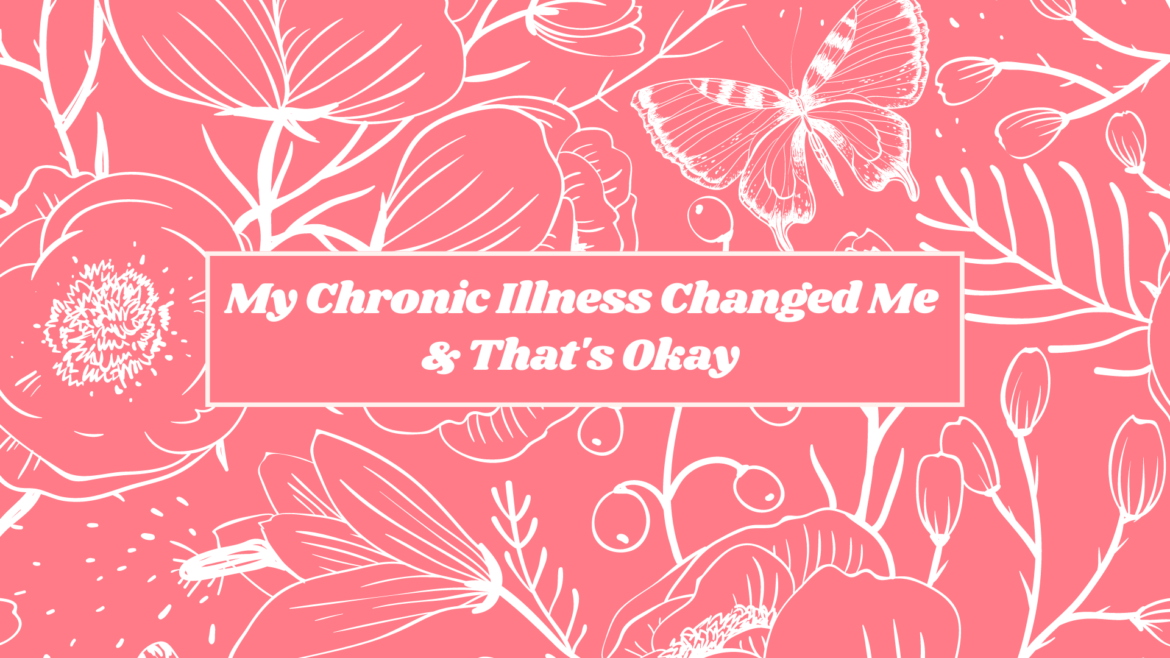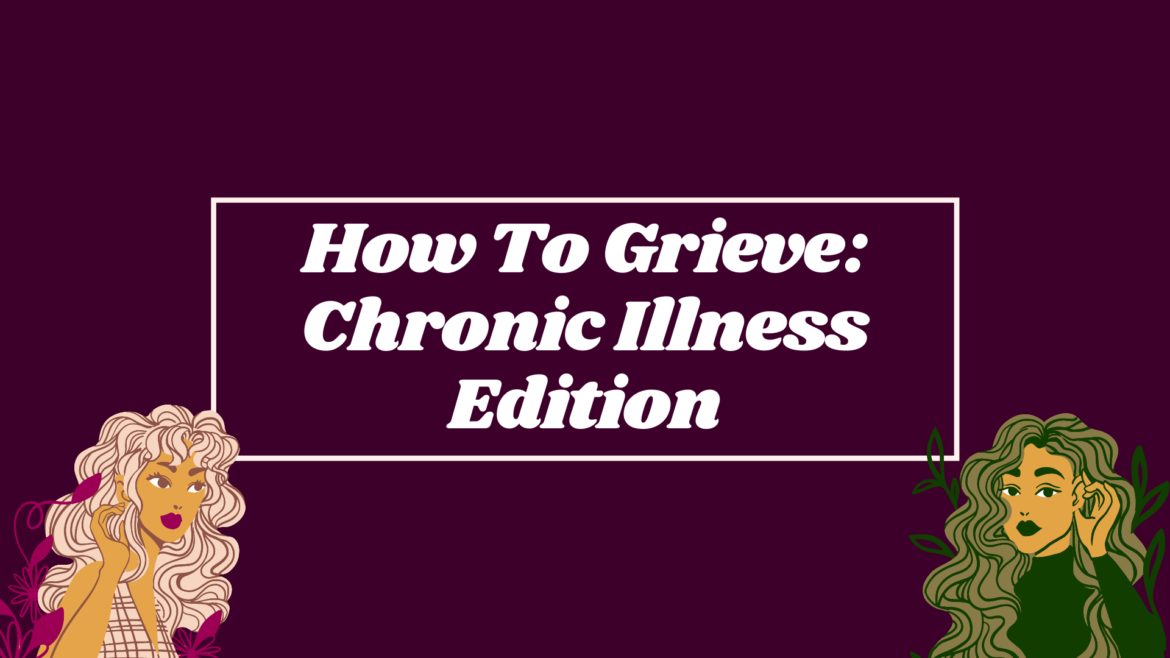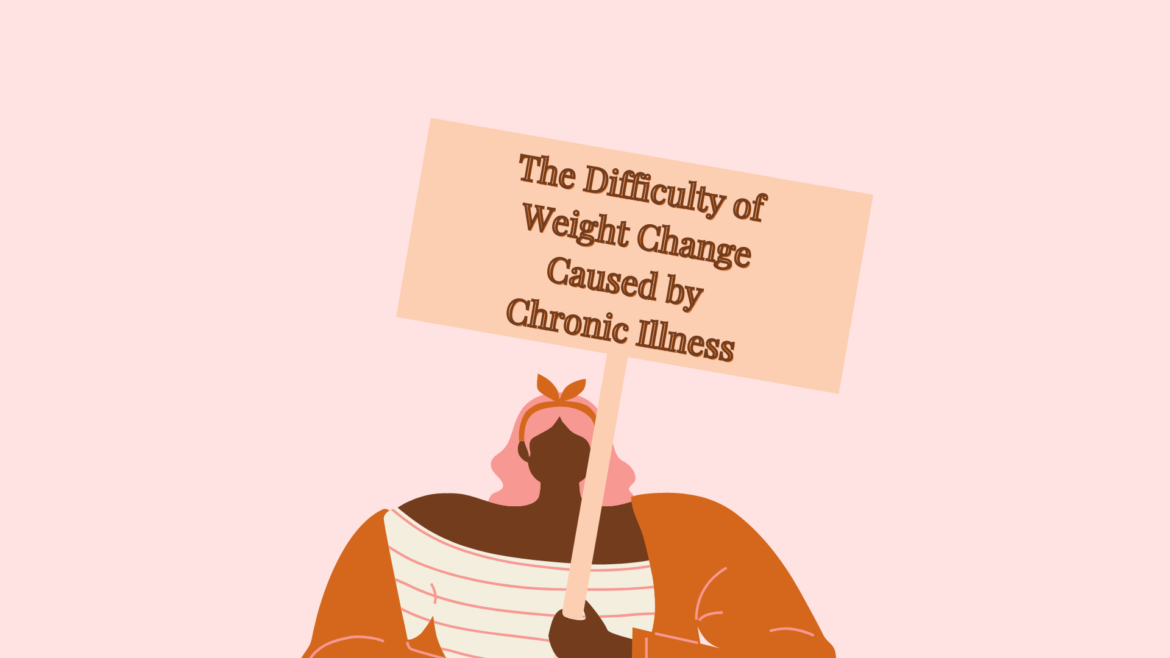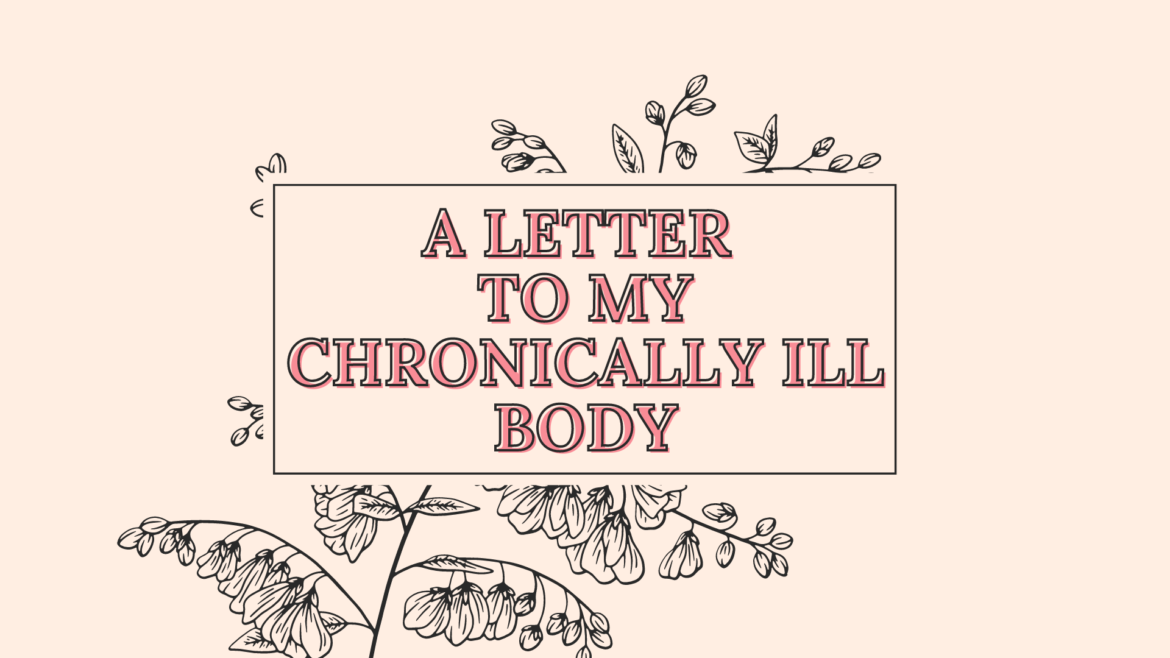Disability and chronic illness can become a part of someone’s life at any point. Someone can be born disabled/chronically ill or become disabled/chronically ill at any point in their lives. For those of us who became disabled later on in life, we lost the ability to do certain things, such as some of our favorite hobbies or the way we enjoyed doing certain things independently. For some it doesn’t feel like a major loss, but for others maybe it feels like your entire life changed. This one is written for those whose entire lives changed.
Losing the ability to do something is in a way like losing someone close to you. It’s grief. I’ve written previously about this topic in my article where I discussed the process of grieving becoming chronically ill and/or disabled, but what about how that entire process makes us feel? It’s frightening and confusing. It can make us feel as if we aren’t in control of our lives. What about all of the life plans that we made over the years? Now, so many of our dreams don’t seem to be viable options anymore. Life is so different now. We’re so different now.
What if us being so different isn’t such a bad thing though? That’s not meant to dismiss all of the pain, grief, and suffering, but instead to take a moment to appreciate how we’ve grown as people. Maybe this is a better version of you? Becoming self-aware of your own needs and possibly having specific needs makes you a lot more aware of things others around you need. It makes you more compassionate and understanding. Having to focus our energy on our survival tends to leave less room for pleasing people. Perhaps that caused many people to leave your life, but maybe those people were never as great friends as you once thought they were. If they don’t constantly do their best to try to understand and support you, then they were never great at being your friend, partner, etc. When you don’t have the energy to act how others want you to behave, you get a chance to be your authentic self.
Advocating for ourselves is one of the most difficult things to do in the world. For a lot of us, after interacting with the chronically ill and disabled community, we became increasingly passionate about advocacy as we noticed our new friends being mistreated. Many of us began to advocate for our chronically ill and/or disabled friends which taught us to advocate for ourselves. Four years ago I wouldn’t even order something off the menu if it required a small change to be allergy-friendly for me, but nowadays on a personal level I’ve set boundaries with those around me and restaurants as to what is and isn’t acceptable behavior regarding my allergies. My passion for allergy advocacy and making sure everybody has safe food to eat grew from knowing what it’s like to not have that alongside seeing my friends deal with similar situations. If you really take a moment to think about it, can you find a way in which you advocate for yourself and/or others now much more than you did before you became chronically ill and/or disabled?
It’s okay to grieve who you could’ve been. That being said, maybe this version of you is better in some way. It’s valid if you don’t feel that way, but it’s something to consider. Even when some (if not all) of your life plans are changing due to your body behaving differently than before, you still managed to find a way to grow into the wonderful person who you are.

